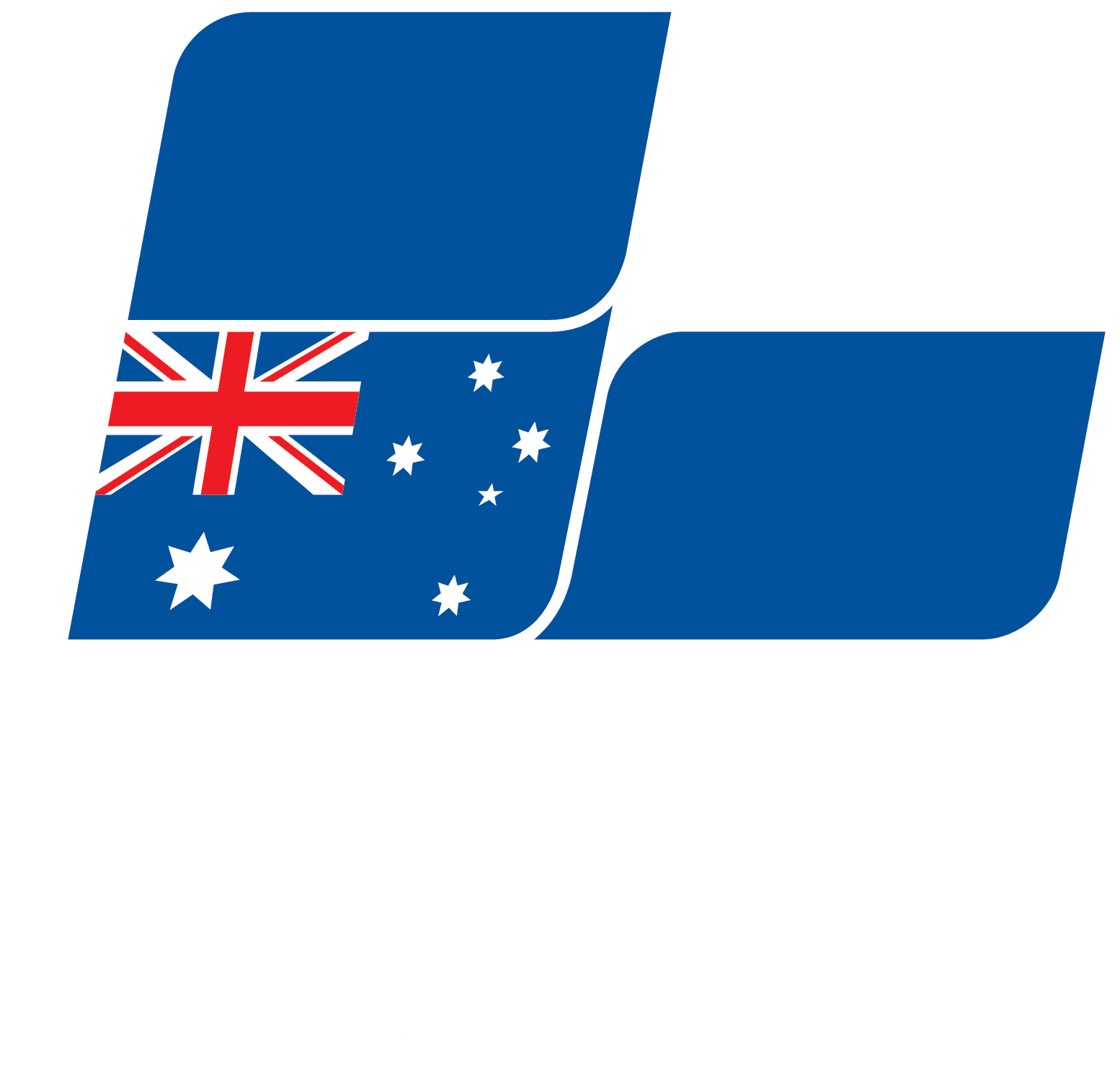Racial Discrimination Act 1975 – 23 November 2016
Senator REYNOLDS (Western Australia) (13:43): Today, I rise again in this place to speak on what I believe is an essential pillar of our democracy—that is, freedom of expression. Free speech underpins every successful modern democracy. In fact, there is no greater democratic value or individual freedom more prized or oft cited in the modern Western world. While freedom of speech is really never fully free in any democracy, history shows us that freedoms are never successfully preserved through legislative or in-practice censorship of deeply held opinions or beliefs in the community.
Freedom of speech—no matter how uncomfortable it may be to some in society to hear and to listen to other people’s points of view—is always the ultimate protector of minority groups in all democracies. Minorities inevitably suffer when the majority voice of the day dominates the debate and the minorities’ voices are effectively silenced. Their opinions do not go away. Instead, they get disenfranchised and they look for alternative avenues in which to be heard.
I think in Australia today we conceptually understand that our society is improved by the diversity of ideas which are robustly but respectfully contested and debated. In this way we know that the bad ideas wither away and the good ones gain traction, which then enables contemporary social norms to be reflected through us here in this place in the legislation of the day. But today I do not think this is always the practice. To me, we seem to be losing this ability to have free, frank and robust debate on important social issues, and I think that is to the detriment of all Australians.
Recent well-publicised cases against the QUT students and the Australian cartoonist Bill Leak demonstrate to me that we have serious constraints on freedom of speech in Australia. One way this has manifested itself is through the utilisation of section 18C of the Racial Discrimination Act. I see it today being used as a cudgel by those who do not like what they hear from others to silence those who are deemed to be politically unacceptable or politically incorrect. In Mr Leak’s case, it was a cartoon that explored personal responsibility and fatherhood in Indigenous communities which drew the ire of the perpetually offended in our society. What he said through the cartoon may have been insulting and offensive to some, but surely the most important issue for Australian society and for all of us in this place is the social issue he so graphically brought to our attention.
And it is not just me saying this. Three senior Indigenous women last week told the National Press Club the same thing even more graphically than Bill Leak did in his cartoon. These women shared with the nation their own truths on this issue, and that truth was very clear and very stark. Their truth is that Indigenous communities and their supporters alike were guilty of reverse racism and that an indefensible adherence to traditional law was denying women and children their own basic human rights. Professor Marcia Langton observed that the outrage over the Leak cartoon ignored the fact that just under 10,000 Indigenous fathers are serving time in prison today for acts intended to cause injury, sexual assault and other crimes, mostly against the women and children in their family. This is exactly the point the WA Police Commissioner Karl O’Callaghan made in relation to the Bill Leak cartoon. Jacinta Price, a Warlpiri antiviolence campaigner and Alice Springs councillor, was quoted in The Australian as saying:
There’s a social inability to criticise anything indigenous and Aboriginal people are encouraged not to evolve with the rest of humanity.
And it is not one of us saying this; an Indigenous leader from Alice Springs is saying that this is their own truth. Bill Leak, the WA police commissioner and these three women are all speaking their own truths and highlighting this completely unacceptable social situation in our society.
The stark fact is that no amount of use of 18C can hide the truth that endemic human rights abuse of thousands of Indigenous women and children is nothing short of a national disgrace. There is never, ever any excuse for violence and domestic abuse, just as there is never an excuse for anyone, including those of us in this place, to ignore it. Tragically, however, I think this is exactly what we are doing, and this is what happens when a society loses the ability to robustly and respectfully debate horribly uncomfortable issues that may actually cast a poor reflection on all of us in Australian society. But the question I ask today is: why is Bill Leak still before the Human Right Commission when, to the best of my knowledge, the Western Australian police commissioner, who said the same thing as Bill Leak, and these three proud and courageous Indigenous women, are not? Why are they not before the Human Rights Commission? They have said exactly the same thing.
Section 18C protects people from hurt feelings while effectively censoring those who are brave enough to cause a social dissonance on important issues such as this. This clearly was never the intent of the Racial Discrimination Act, which, as the name suggests, was intended to limit discrimination based on a person’s race. Section 18D is often quoted by those who support section 18C, and those proponents insist that is makes 18C a reasonable and just law. Section 18D, on the face of it, excludes from prosecution those who have spoken reasonably and in good faith—the so-called ‘get out of jail free’ card. But history clearly demonstrates that it is anything but.
I would like to share with those in the chamber here today the story of another cartoonist who fell afoul of section 18C, nearly 20 years ago. Dean Alston, from The West Australian, drew a cartoon about a group of Western Australian Aboriginals travelling to England to retrieve the head of Yagan. As Dean Alston said:
The cartoon highlighted the infighting over the taxpayer-funded trip as people fought for limited spaces on the touring party. The final panel had an image of Yagan’s head in a box saying, ‘Give me a warm beer in a quiet Pommy pub any day.’
After the cartoon was published an 18C complaint was made to the Human Rights and Equal Opportunity Commission. The complaint was subsequently dismissed under section 18D, but that was not the end of the saga; it was only the beginning.
An appeal was made to the Federal Court, which commenced seven years of legal action before it was eventually dismissed. While the case was ultimately found in the cartoonist’s favour, the emotional and financial stress throughout the duration of these lengthy proceedings was unjust punishment in itself. Today, the facts of this case resonate very strongly with the Bill Leak case and also the QUT students case.
As my old Army boss, Lieutenant General David Morrison, noted: ‘The standard you walk past is the standard you accept.’ That we walk past and justify as ‘culture’ endemic violence against thousands of women and children in Australia’s Indigenous communities shames us all here in this place and more broadly in Australian society. In Australia today we walk past far too much—all in the name of political correctness and, I think, the absence of courage to tackle and discuss the darker sides of Australian society.
Next year the Parliamentary Joint Committee on Human Rights, of which I am a member, will be examining, through a new inquiry, the state of freedom of speech in Australia. This is a debate that I hope all Australians will engage in, as there is no more important democratic freedom for all Australians. But, like all freedoms, it must be regularly reviewed, debated and fought for to ensure that those of us in this place make sure that the legislation that we pass, review and reform reflects contemporary Australian community standards.
I have a great deal of faith in the ability of all Australians to have a robust but respectful debate on this particular issue. Every single Australian citizen is a stakeholder on this issue, which is of importance to them, their family and their family’s future.


